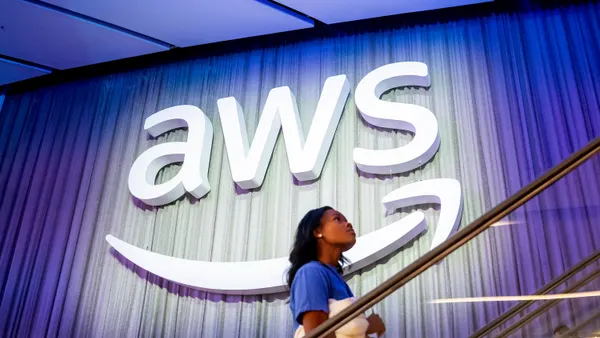Dive Brief:
- Google is postponing the final transition date from chat platforms Hangouts to Hangouts Chat to "no sooner than June 2020," according to a company announcement Wednesday. Traditional Hangouts was accessible for G Suite customers and for consumer Gmail users.
- The delay is in response to G Suite user feedback requesting more time to migrate from Hangouts to Hangouts Chat. Customers can expect new features between now and June 2020 on Hangouts, including read receipts.
- The company is offering the Accelerated Transition Program to customers who want to fully migrate now. The program is meant for customers who want a single "chat experience" for users or for G Suite customers that never used the original Hangouts application before.
Dive Insight:
In January Google announced its intent to consolidate Hangouts with Hangouts Chat, making Hangouts Chat and video-call service Hangouts Meet the "next generation" for team communication. Hangouts Chat debuted in February 2018 with the intention of competing directly with Slack.
By combining its Hangout offerings and updating its features, Google is signaling it's ready to take on the other players in the collaboration platform space. Last year, Atlassian completely bowed out from the market, selling its HipChat intellectual property to Slack.
"It's easy to get myopic here" and narrow the collaboration market to Microsoft and Slack, Art Schoeller, VP and principal analyst at Forrester, told CIO Dive in an email.
But Google Hangouts was part of the market before Teams and Slack. Google also shares a lot of the same capabilities as Microsoft in terms of holistic collaboration offering, strengthened by more than five million paying G Suite business customers.
Similar to Office 365, if businesses use G Suite, they are already paying for Hangouts and Meet offerings, avoiding the cost of Slack's Enterprise Grid.
There are other offerings outside the dominant players, Schoeller said, including Mattermost. Mattermost is an open source alternative to Slack, with the option to run on-premise.













